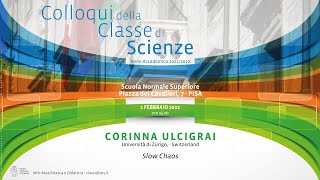Entropy | Stochastic processes | Signal processing | Dynamical systems
Recurrence period density entropy
Recurrence period density entropy (RPDE) is a method, in the fields of dynamical systems, stochastic processes, and time series analysis, for determining the periodicity, or repetitiveness of a signal. (Wikipedia).




















